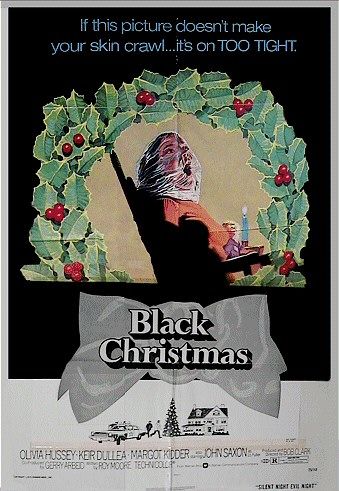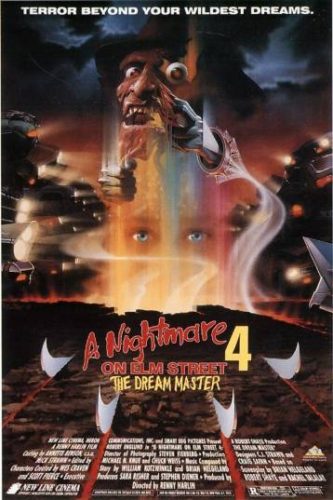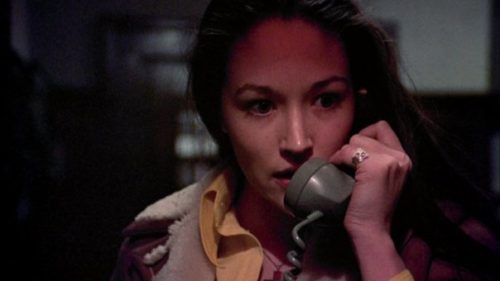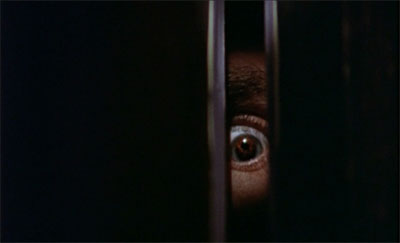Christmas has come to the small college town of Bedford, but instead of joy the season brings a horrific surprise, in the form of a warpped psychopath who’s murdered a teenage girl. The elusive lunatic is now squatting in the dusty attic of a local college sorority house, waiting to be set-off again. For the thinning group of sorority sisters left in the house, it will be a nightmare as they’re plagued by ominous phone calls and the disappearence of one of their own, all the while oblivious to the deadly threat that lurks within their home. A threat that is creeping closer with every passing minute.
Bob Clark’s Black Christmas is a tour de force of a horror film! It’s a film that has rode low under the radar since its release in 1974, but in previous years has been re-discovered by the horror community and finally hailed and praised for the brilliant masterpiece that it is. For me, words never quite do justice to this film. Black Christmas strikes such a deep chord that it almost must be viewed to understand its unsettling impact. It is the perfect film to terrify one’s self with in the late night, with the phone unplugged of course! On every level Black Christmas is a finely-crafted film. Story-wise it is an engrossing ride through extreme emotion. Clark weaves into this plot such moments of profound eeriness, moments of sharp comic relief, and ultimately a climax that so utterly intense you may find yourself sweating. This is all capped off with a conclusion that is the perfect final note to this disturbing tale. Clark’s direction is top-notch, as we are given fantastic cinematography, particularly in lurking point-of-view shots from our murderous villain. The cast is excellent, featuring such notable stars as Olivia Hussey, Keir Dullea, John Saxon, and Margot Kidder, all of whom deliever fine performances. Even the supporting cast, which sports such memorable Canadian actors as Art Hindle, Mariam Waldman, Andrea Martin, and Douglas MacGrath, are good here. One element that truly brings out the haunting, dark atmosphere of this film is the music score by Carl Zittrer. Zittrer’s music here is best described as simply “deranged” as the composer perfectly captures the menace and chill of this tale. All of these factors combine to make a film that is simply one of the genre’s best. Its influence can be felt in such slasher classics as Carpenter’s Halloween (1978), Walton’s When a Stranger Calls (1979), and Cunningham’s Friday the 13th (1980). So, needless to say, Black Christmas is one of the true milestones of the slasher subgenre.
Enough with analysis, Black Christmas is a MUST for horror fans. See it, in the dark. And remember “if this picture doesn’t make your skin crawl… it’s on TOO TIGHT!”
–Alex Dillard





